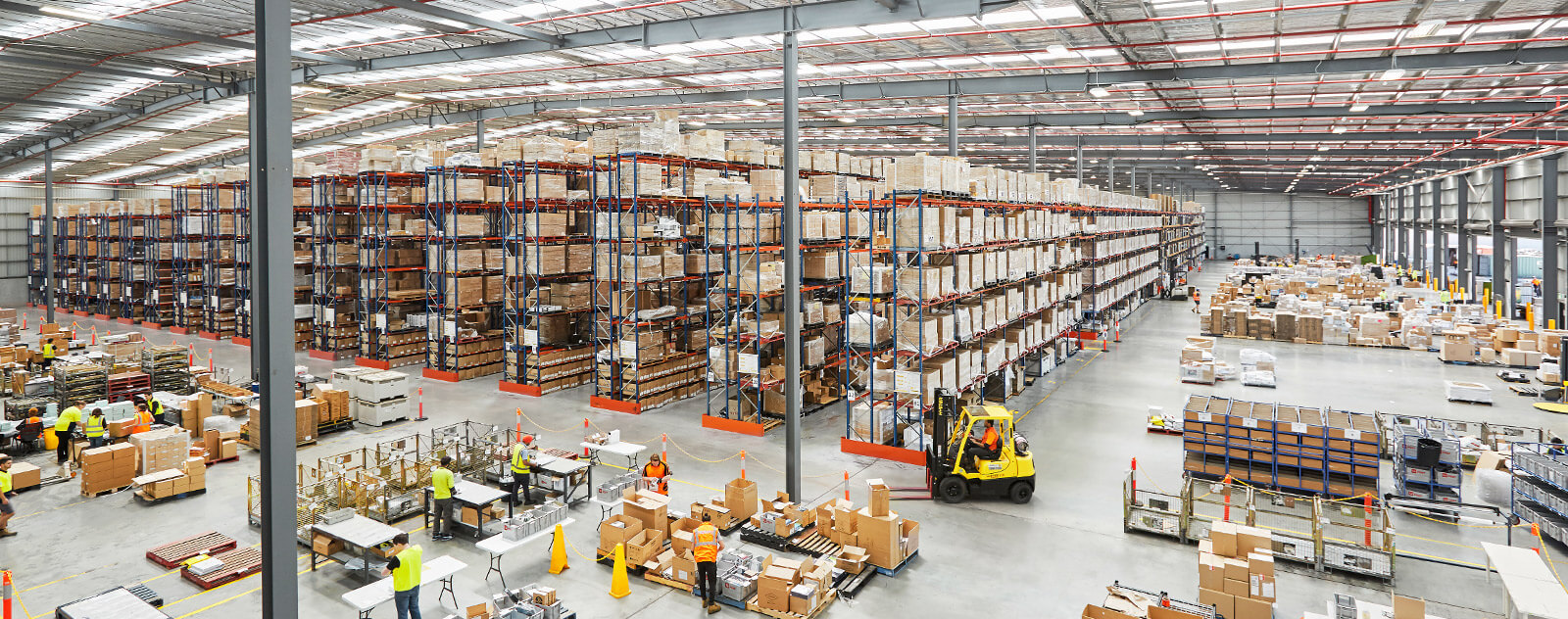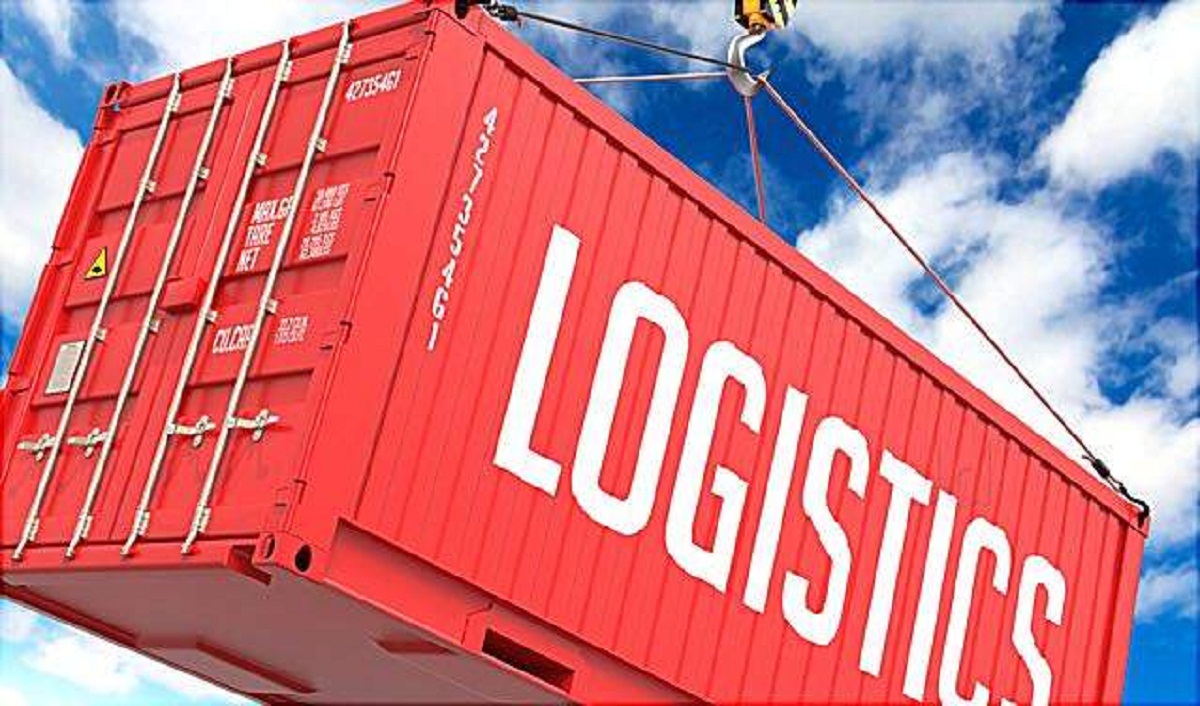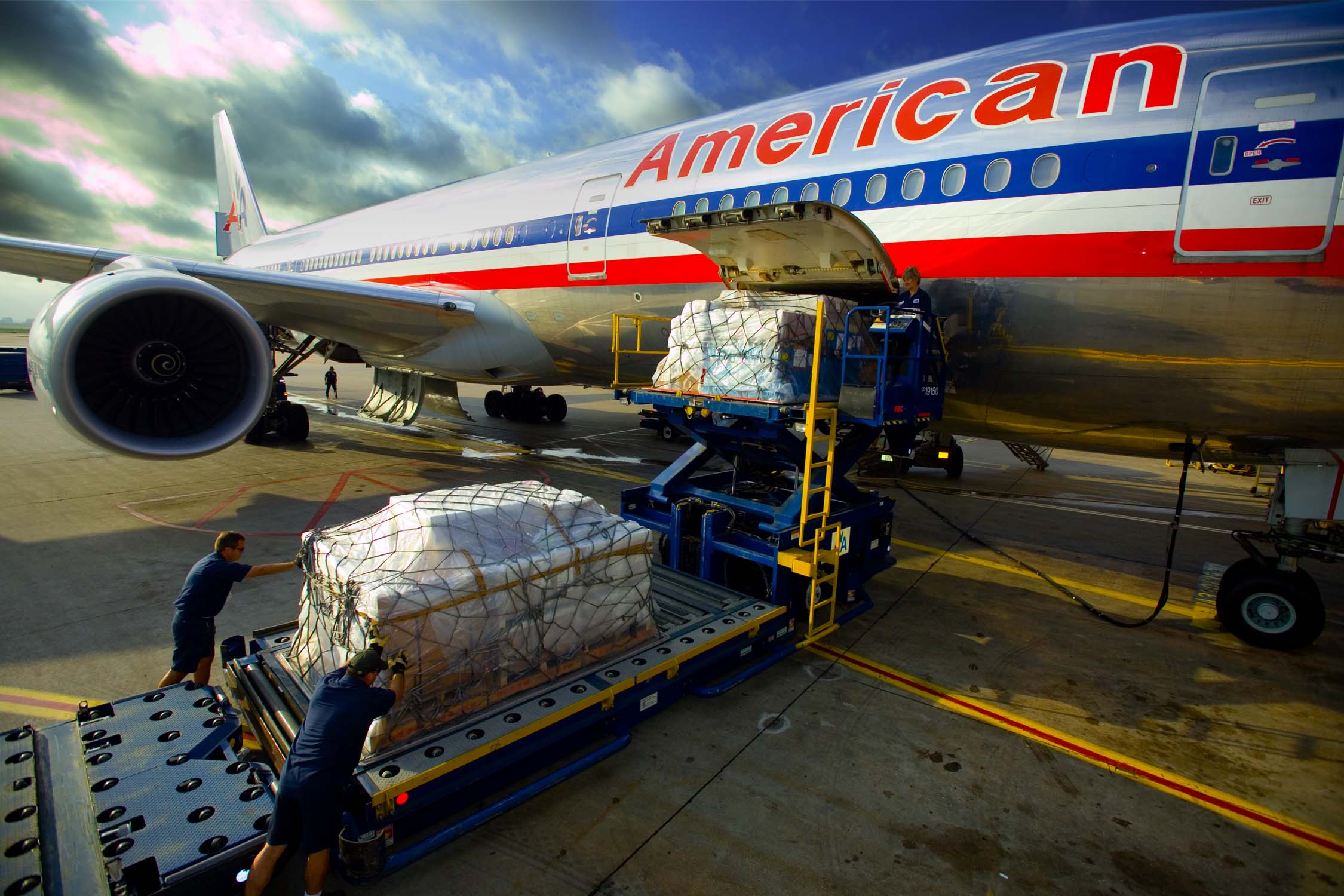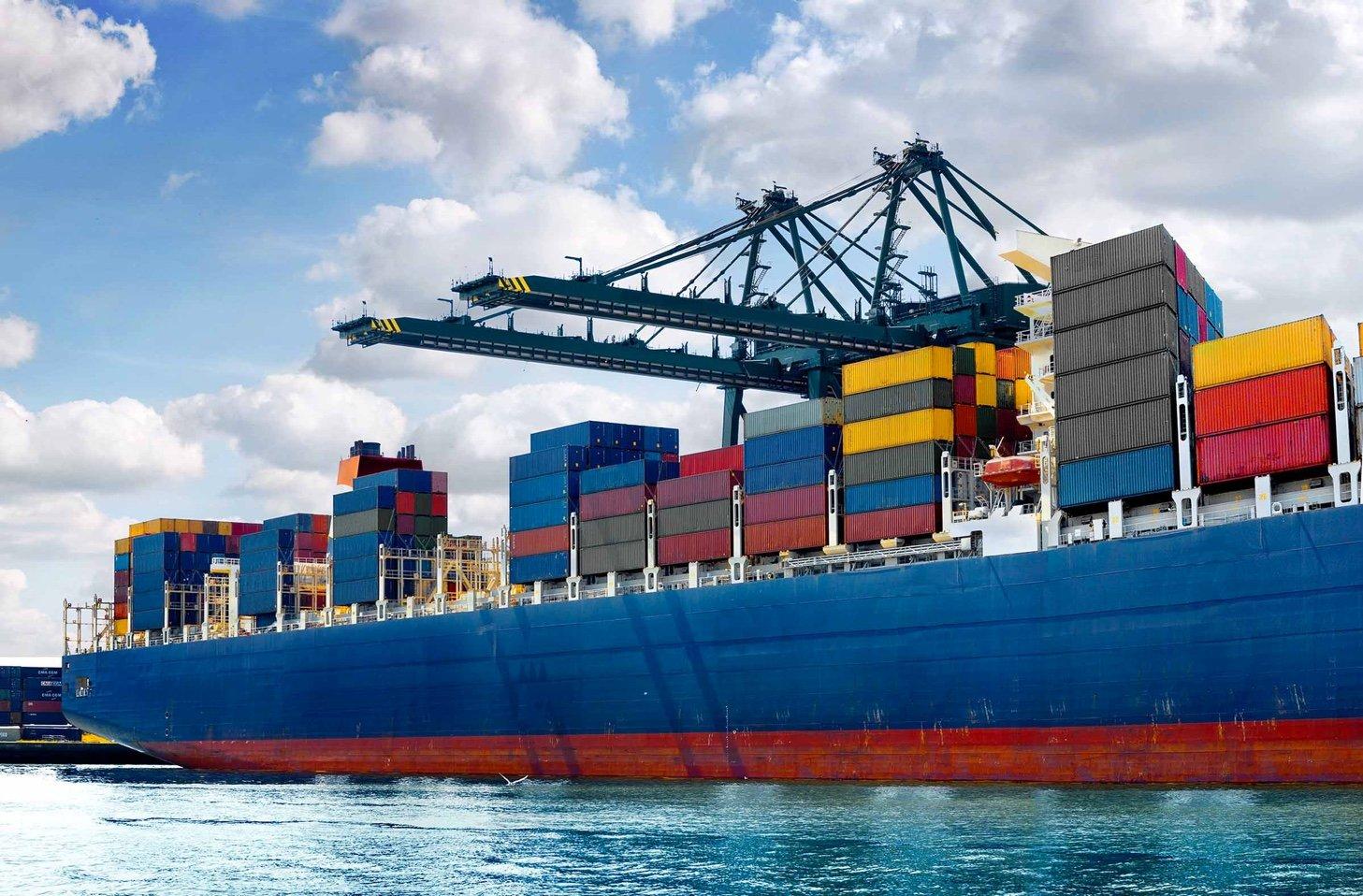A Comprehensive Guide on Air Freight vs Sea Freight
It cannot be easy to decide between air freight and sea freight. It is challenging for people who are unfamiliar with international shipping or have not had much experience with either type of transport. Both methods have their pros and cons. However, depending on your core requirements, you can benefit from either.
Air freight offers many benefits over sea freight. Using a sea freight company can sometimes be more advantageous. Sea freight is more economical for large cargo volumes and has a higher volume capacity than airfreight. If you need your shipment to arrive quickly, however, air freight is the best option.
We understand that choosing between these two options can be confusing. This article will provide more clarity by examining both these modes.
Air Freight vs. Sea Freight – Basic Characteristics
Air freight is the best option when time is critical. Air freight is synonymous with fast shipping and express shipping. As obvious as it sounds, air shipping is cargo shipping by commercial or charter aircraft. Air freight is preferred by shippers who want to keep their inventory small and have a faster time-to-market (TTT). Read our past articles to learn more about air freight.
Sea freight is the best option for bulky or heavy cargo moving across international borders. Shipping goods by sea, also called ocean freight, is the method of transporting goods on a shipping ship. Sea freight is preferred by shippers who need to ship goods in a relatively short time, who can transport large volumes of low-value goods, or who have bulky or break bulk shipments. Sea freight is also a good choice for those who want to ship cheaply.
Which is better: Air Freight or Sea Freight?
Because air and sea freight has different characteristics and appeals to different types and requirements, it is crucial to understand the differences. These differences will assist you in making a more informed decision. Here are some tips to help you make the right choice.
Air Freight:
Air shipping is recommended when the shipping costs are less than 20% of the goods’ value. Freight charges are calculated according to the weight and volume of the goods transported.
Air freight is a good option if you want faster delivery and safer shipping options.
Air freight is better if your cargo needs more security. The airport has more security measures than seaports for shipment.
The type of goods you ship will also affect your choice of air freight.
Sea Freight:
Sea freight is the best option for heavy and large volumes of freight. Sea freight has more capacity than air freight.
Sea freight is slower than air freight. It could take up to 3X longer than air freight for sea freight.
Customs issues, holdups, and route changes could cause more time delays.
You will be influenced by the goods being shipped, which will affect your decision on the best mode of transport.
Air Freight Advantages & Disadvantages
Benefits of air freight
Fast: Air freight undoubtedly is the fastest shipping option. Air freight is the best option if your products must reach their destination quickly.
Secure: Cargo safety is tightly controlled at airports, making your cargo less likely to be stolen or damaged. Many companies offer the ability to track the status of your goods from departure to arrival.
Ship your goods anywhere: Many airlines have an extensive network of destinations that can ship to almost any place in the world.
Reliable: Airfreight shipping is the most reliable option for shipping because it adheres to its schedules and has predictable departure and arrival times. Even if a flight was canceled or delayed, it shouldn’t cause too much delay since most air freight services operate daily (often with hourly departures).
Air Freight’s Disadvantages
Costly: Shipping via air freight is usually more expensive than shipping via ocean. Because planes use a lot more fuel, and air freight costs are calculated by weight instead of volume,
Size and weight restrictions: Because there is limited space in a plane’s cargo area, some size and weight limitations may apply to the items you can ship.
Weather dependent: Air freight is only sometimes reliable. Airlines tend to follow their schedules most of the time. However, bad weather can cause delays. Uncertainty about the arrival of your goods at their destination can result. While some weather conditions can be resolved in a matter of hours, others may last several days. This can impact air shipments that must arrive by a specific date.
Sea Freight Advantages & Disadvantages
Sea Freight has many advantages
Economical: Shipping goods by sea freight is typically cheaper than shipping them via air. Because sea freight services can send large quantities of goods and have lower land costs, this is why.
Flexible: Sea freight vessels can carry various goods regardless of size, weight, or dimensions. These vessels can transport large quantities of goods and are ideal for moving bulky items such as vehicles, industrial parts, machinery, or other heavy cargo. You can arrange for smaller items to be mixed with small shipments to fill containers.
Environment-Friendly: Ships are the most efficient mode of transport, as they use the least fuel.
Safety: When your items are shipped by sea, the containers they are kept in are incredibly secure. These containers can provide the goods excellent protection. They protect them from weather variations, theft, and impacts during shipping. This significantly reduces the chance of loss or deterioration.
Sea Freight’s Disadvantages
Slow: Sea freight is often slow and can take up to a month for goods to reach their destination.
Global Reach may not be possible: Countries you wish to ship to with sea freight must have the infrastructure necessary to handle large containers and vessels. You will need to find another route to transport your goods if they don’t have the proper facilities or ports.
Sea freight is riskier: The risks are significantly more significant due to the time required to deliver the goods. Shipping via sea freight is more susceptible to extreme weather conditions and delays.
Whether you choose air or sea transport, whatever suits your business and needs is best.
Related Articles

Why Should You Change Your Current 3PL Service Provider? When Is The Right Time to Change?

The Role of Logistics Management in The Retail Industry

